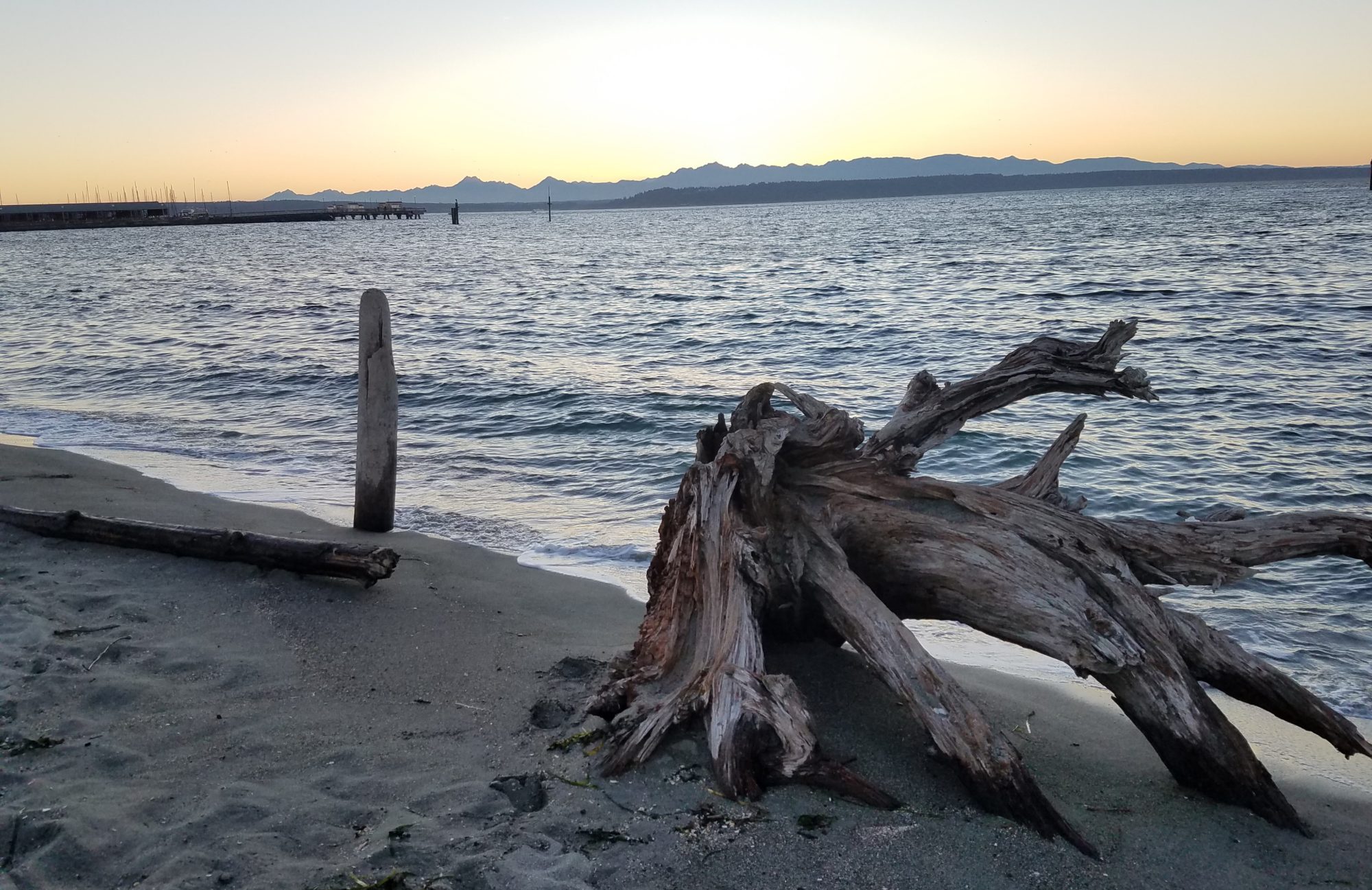
When I first wrote this, I decided to stop blogging for a while. It was just too bleak. But with the help of friends, I found a way to present it that feels gentler and appropriate.
Brilliant thinkers have described modernity as being in hospice, but having worked in hospice myself; I wonder if it is possible that our culture isn’t in hospice but in the throes of active dying. A part of me now believes that radical acceptance means acknowledging the imminent end of our current systems, our established norms, and our sense of security.
When I look back at my life as an activist and, indeed, decades of my activist ancestors’ struggles, it seems we have made little actual progress. Yes, Martin Luther King spoke of an arc bending toward justice, but today, we seem to be spiraling into destruction.
We have reached a point where we are no longer in control. We watch helplessly as climate change accelerates, species vanish, and democratic institutions crumble. Many of us are at a banquet table, laden with privilege, while beneath us roils the darkness of suffering: refugee crises, immigrant abuse, systemic racism, and environmental destruction.
Those who lead us and promise to keep us at the table offer only false promises and fear. They demand our loyalty and compliance while the abyss pulls at our feet. Even those who strive for justice, who crawl beneath the table to offer aid, still partake in the feast. We are all complicit, all feeling the pull of oblivion.
The obvious responses to this are despair, anger, fear, and sadness, and those are absolutely appropriate responses.
But maybe, as part of radical acceptance, we can simply admit that we have failed. And maybe that’s the way it has to be.
In her newest book, the amazing, brilliant Sofie Strand speaks to how entities have come together in an effort to create and failed miserably throughout biological history. The destruction that arises from that inability to digest each other has sometimes been the catalyst for something new to arise. I think she is pointing out that this failure we are experiencing is the impetus we need to birth something new.
We witness the rumbling sound beneath the table, our food bumping and skittering and sliding toward the abyss, and all that we treasured sliding away. Yet in the chaos and terror, there is also a gift.
So, can we live with that? Can we take one step at a time? Can we put one foot in front of the other and lead with love, to quote Melanie Demore?
What else can we do?
I depend upon what I’ve heard called intrinsic hope. The hope intrinsic in the seeds trembling in the ground at the beginning of spring. The hope that is intrinsic in the salmon battling upstream to lay its eggs and die. The hope that is intrinsic in stardust. The hope that is intrinsic in the vibrations of every molecule in every cell of everything that exists. Intrinsic because, somehow, something we cannot imagine will continue.
Maybe we have squandered our opportunity this time to create the paradise that was our gift. For that sin, we will suffer, and that’s what needs to happen. This antichrist-would-be king did not arise out of nowhere. All of us have birthed this monster. And now we have no choice but to move on in any way we can.
In the end, all we have is the bursting buds of springtime, the water flowing, the fish in the sea, the birds in the air, and all our human and more than human beloveds.
So, let us weep, mourn, and then rise again, not with illusions of control but with a fierce commitment to love and service. And let us do it in community and ritual and make it sacred. Because finally, I have to believe that there is nothing that is not sacred, not even failure.

